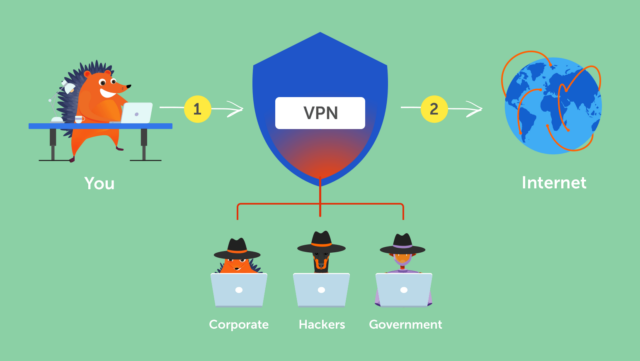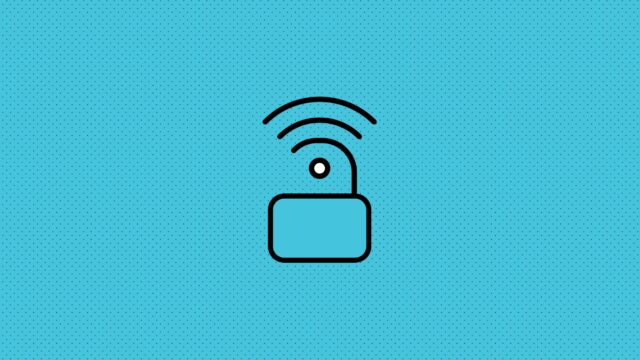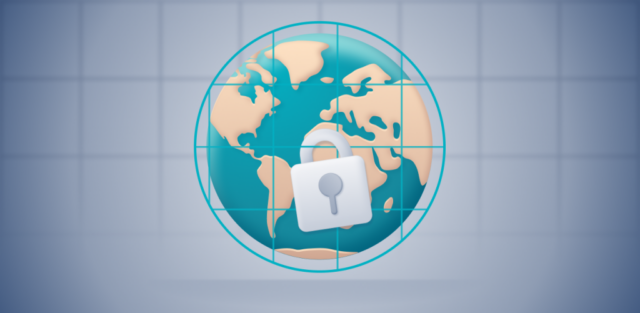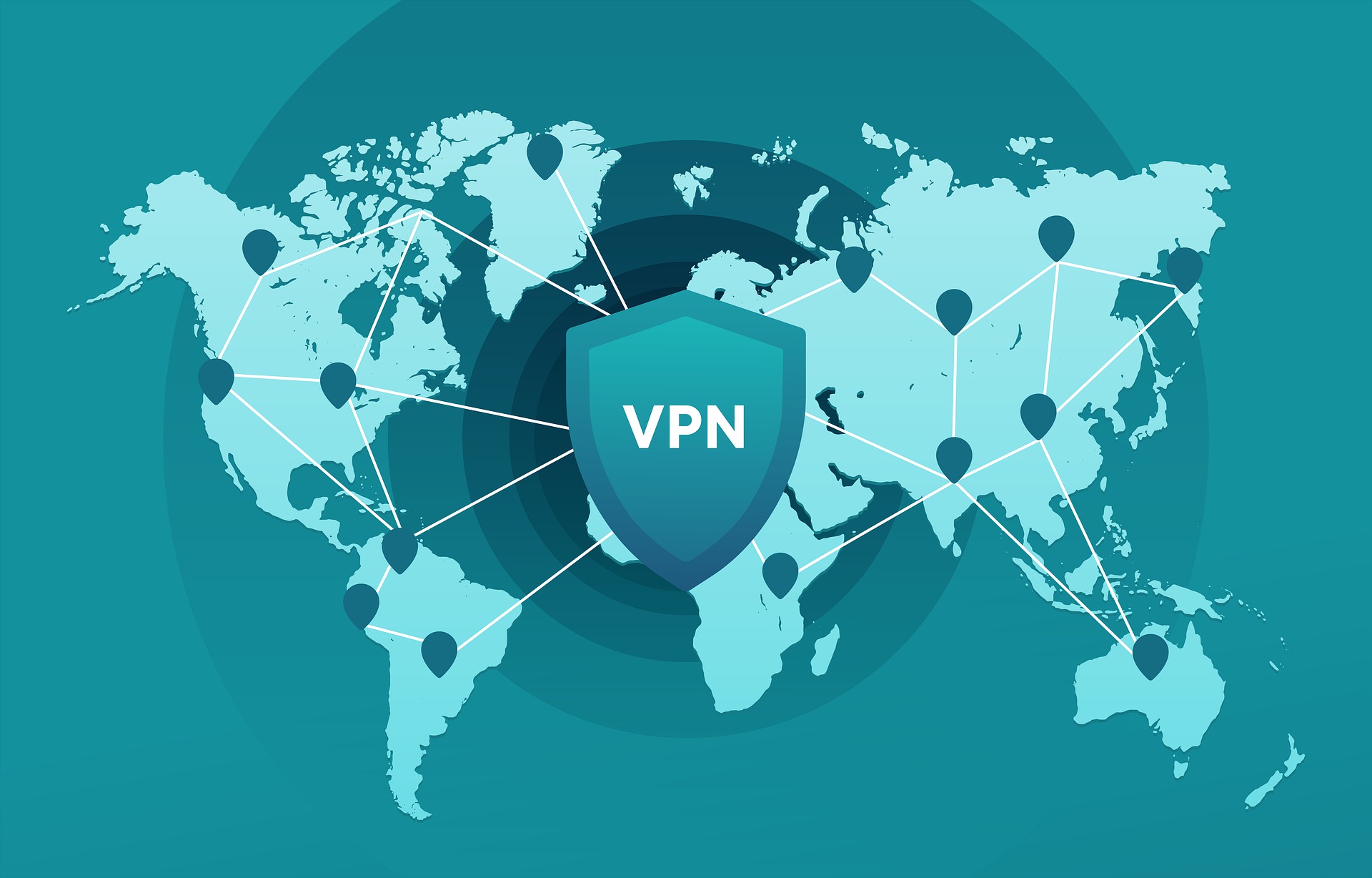People have started using VPNs more and more in recent years. But what is a VPN, and why do people use them? VPNs offer a wide range of benefits, from increasing your privacy to allowing you to safely connect to public Wi-Fi hotspots, which otherwise might be inadvisable.
This is especially important when traveling, so if you’re planning to visit San Francisco, for example, you must get a VPN to browse safely. The guide to San Francisco VPNs found at EarthWeb will help you learn more about this. Meanwhile, this blog post will give five reasons everyone uses a VPN in 2024.
Stay safe and keep your information private with a VPN today!
What is a VPN, and How Does it Work?
If you are new to the world of virtual private networks, the first question that you might have is, “what is a VPN, and how does it work?” A VPN or virtual private network is a secure, encrypted connection that allows you to become anonymous when surfing the internet. VPNs also hide or mask your IP address.
In terms of how a virtual private network works – in a nutshell, you are essentially connecting to an encrypted server that gives you a different IP address. Once you are connected to this server and visit a website, the VPN will make requests on your behalf, encrypt the data, and then once the website sends information back, the VPN will encrypt and decrypt it once sent to you.

You might be interested in this article: 4 Pros and Cons of Always Using a VPN
Anonymous Internet Browsing
The first reason so many people are using VPNs in 2024 is that they allow for anonymous Internet browsing. As mentioned above, when you connect to a VPN, your real IP address will be masked, and you will be given a different IP address.
In addition, any information being sent from your device or received by your device is encrypted. This means your Internet service provider won’t be able to tell what you are doing online. Of course, they will be able to see that data is being transmitted to and from your device, but they won’t be able to see exactly what it is. Sometimes, this data is cold for various reasons, but it can be bad when in the wrong hands.
Secure Public Wi-Fi Usage
One of the most important reasons why everyone is using a virtual private network in 2024 is that VPNs offer access to secure public Wi-Fi. It goes without saying that public Wi-Fi offers massive convenience since it means you won’t be using any of your data.

However, public Wi-Fi networks generally aren’t the safest. Basically, this means that while you are scrolling through any emails you might have received or looking at an online store for something to buy, someone might have intercepted this data. The use of a VPN will protect you from this and keep you hidden, as well as hide your passwords, banking information, and browsing history.
Increased Privacy
As alluded to above, VPNs offer quite a few benefits, and as mentioned, one is anonymous internet browsing. However, to be more thorough, VPNs also offer increased levels of privacy. In addition to your IP address being masked and your internet service provider not having access to your browsing information, you will be kept safe from the websites you visit.
Did you know that when you connect to a website, they have access to much of your information? For example, they can find out your location and your IP address, and they might even be able to take a look at your browser history. Of course, you’ll have to accept cookies on some sites, which contain and collect personal data.
Access to Geographically Restricted Content
Finally, the last reason why so many people have begun using virtual private networks is that they allow you to access geographically restricted content. It always shocks many people to discover that certain content is restricted to certain geographical locations.

For example, with popular streaming platforms such as Netflix, the content shown in one country is not shown in another country and vice versa. More importantly, when you use a VPN, your location will be changed, and any online store you visit will have different prices for the products.






